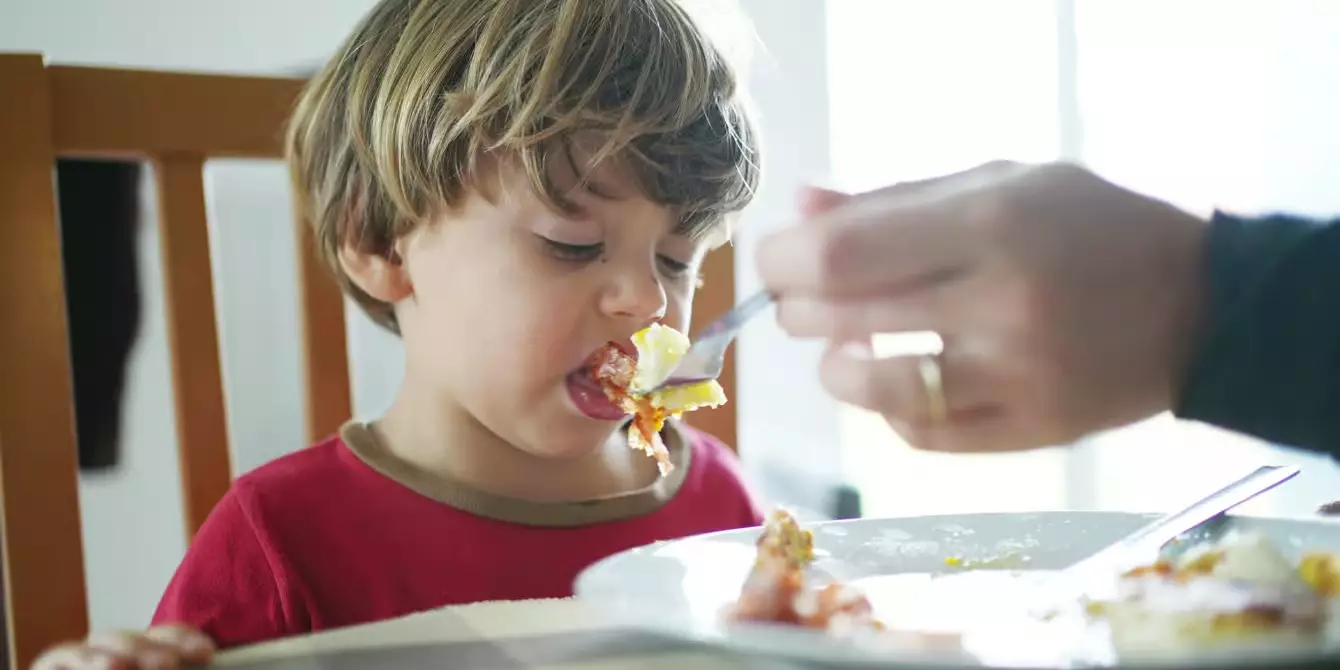As a parent, few experiences are more anxiety-inducing than mealtime when faced with a picky eater. The age-old adage, “When a child gets hungry enough, they’ll eat,” often feels like a hollow promise. In theory, it seems to resonate with common sense, but for many—including myself—it fundamentally falls flat. For instance, my firstborn, Max, demonstrated a curious disinterest in food. Initially, he was a healthy weight, but as he transitioned into toddlerhood, I watched in helpless frustration as he dropped below the 10th percentile for weight. Meanwhile, my stress levels skyrocketed, catapulting me into the upper echelons of “worried parent.”
Between established routines, endless food varieties, and minimizing distractions, I exhausted every so-called solution with little to show for it—except for heightened tension around the dinner table. The harder I tried to coax him into eating, the more the battle seemed to escalate. Rather than a nurturing feeding experience, it devolved into a tense standoff.
High Stakes: The Dinner Table Showdown
One fateful evening encapsulated my struggles all too well. I had prepared a meal I was certain Max would enjoy, but to my dismay, he pushed my expectations aside. Even when he hadn’t eaten since lunch, he showed no interest in the fried rice I presented him with—instead, it turned into a theatrical display of foot-propping on the table and mischief, as he gleefully discarded food to our waiting dog.
This standoff led me to a pivotal realization. Rather than holding firm on my demands, I started to question my expectations and the reasons behind them. I believed all children should find delight in family dinners, persisting with the notion that they must try everything I placed in front of them. Yet this rigid viewpoint did little more than instigate frustration for both me and Max.
Shattering Dinnertime Norms
Taking a step back became crucial for my mental well-being and Max’s nutrition. I began to reconsider what “success” at mealtime truly meant. My core desire pivoted to simply ensuring Max received adequate nourishment rather than adhering to conventional strategies around family dining.
Thus began an experiment in radical flexibility. I dismissed the idea of family dinners as a strict requirement and began feeding Max in a more casual setting—like in front of the television. My second child, being adept at eating while distracted, thrived with this approach. However, for Max, distraction meant non-consumption; he would get so absorbed in the screen that food was entirely off his radar.
So, I adapted. I spoon-fed him during his favorite shows, cleverly pausing the TV at strategic moments to instigate a bite of food. Occasionally, I’d follow him around in the garden, offering bites while he darted about in play. I even created colorful, nutritious ice blocks as portable snacks, adjusting to his whims rather than forcing traditional meal structures that rarely worked.
This shift taught me to relinquish my controlling tendencies. Instead of insisting on a single main dish at specific mealtimes, I offered a variety of options in a more relaxed format. If he resisted what I served, I didn’t dwell on it or force him. Instead, I encouraged him to take “just one test bite” to appease my own need for engagement without invoking a power struggle. If he declined, I simply provided something else he deemed more interests—be it a snack or another meal.
The Unique Bond Over Food
As a result, the atmosphere around mealtimes transformed. Months later, I noticed subtle shifts; Max began to eat more and engage without the previous emotional turmoil. This journey didn’t only nurture him; it deepened our bond.
One memorable exchange with Max highlighted this newfound harmony. He approached me with a playful proposition, inviting me into a charming role-play scenario involving puppies. He suggested I pretend to be a puppy while we engaged in this imaginative act during dinner. And just like that, Max dove right in, accepting food from my hand, fully engaged in the fun rather than viewing it as an obligation.
Letting go of my need for control around mealtimes facilitated a profound change within our family dynamics. This experience has been enlightening; it’s not just about food but about adapting to the unique needs of each child. While the journey may still pose challenges, transforming dinner from a battlefield into a creative and enjoyable experience has been a revelation, paving the way for a healthier relationship with food and a more nurturing atmosphere at home.

